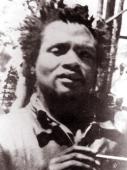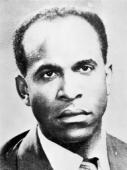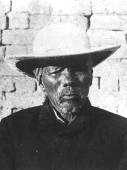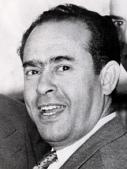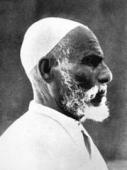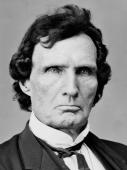On 29 September 2000, the Governor of California Gray Davis promulgated the law SB2199 Slavery era insurance Registry that obligates the insurance companies operating in California to make public any insurance policies drawn up over the centuries by the owners on the risk of loss, damage, or death of their slaves. In the following years some similar transparency clauses have been adopted by several States (Illinois, Iowa, etc.) and U.S. municipalities (New York, Los Angeles, Chicago, Philadelphia, Dallas, Detroit, San Francisco, Baltimore, Milwaukee, etc. ) for instance forcing in 2005 JP Morgan Chase to recognize that it owned tens of thousands of slaves, although it had denied it until then.
On May 9 2013, following the proposals emerged at the Workshops on Reparations at the WSF 2013, the President of ECCAR (European Coalition of Cities Against Racism) Jean-Paul Makengo and the President of CRAN (Conseil Représentatif des Associations Noires) Louis-Georges Tin launched an appeal for the adoption of a transparency clause by the European municipalities.
On November 8, 2013 the Municipality of Sainte-Anne in Martinique unanimously adopted a transparency clause that obligates its suppliers to declare any profits made by the exploitation of a crime against humanity like slavery, thus becoming the first European municipality to ask for transparency on colonial profits (although oddly the Martinique, despite being in the Caribbean, is still part of the French territory).
Colonialism Reparation supports the adoption by the town of Sainte-Anne in Martinique of a transparency clause that obligates its suppliers to declare any profit obtained from slavery and wishes that more and more local and national administrations ask for transparency on colonial profits as well.










